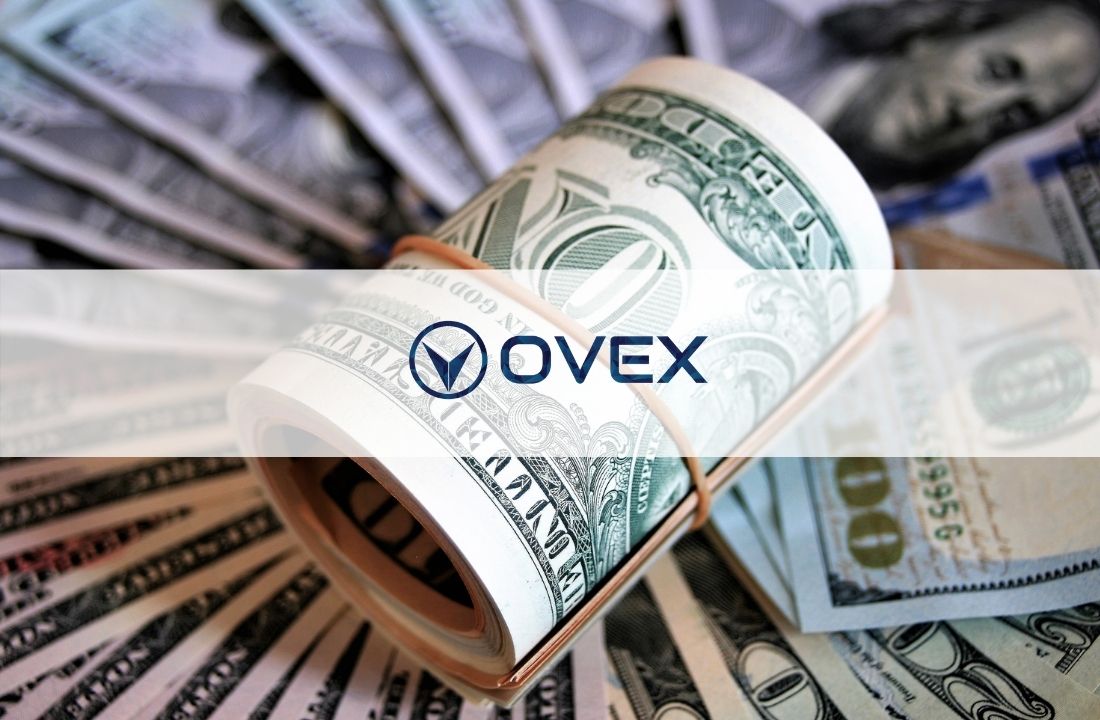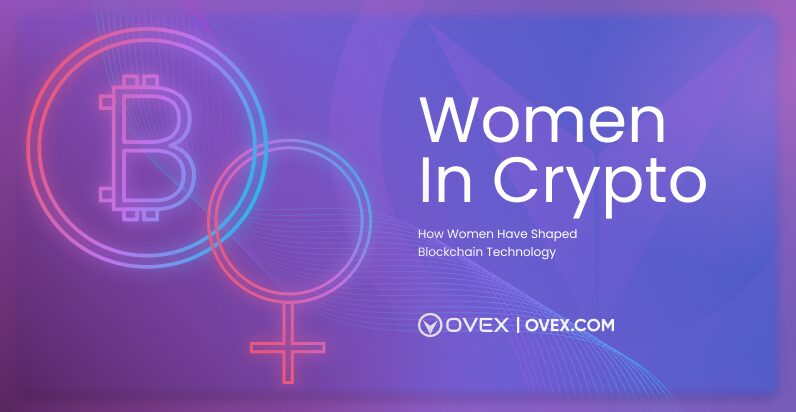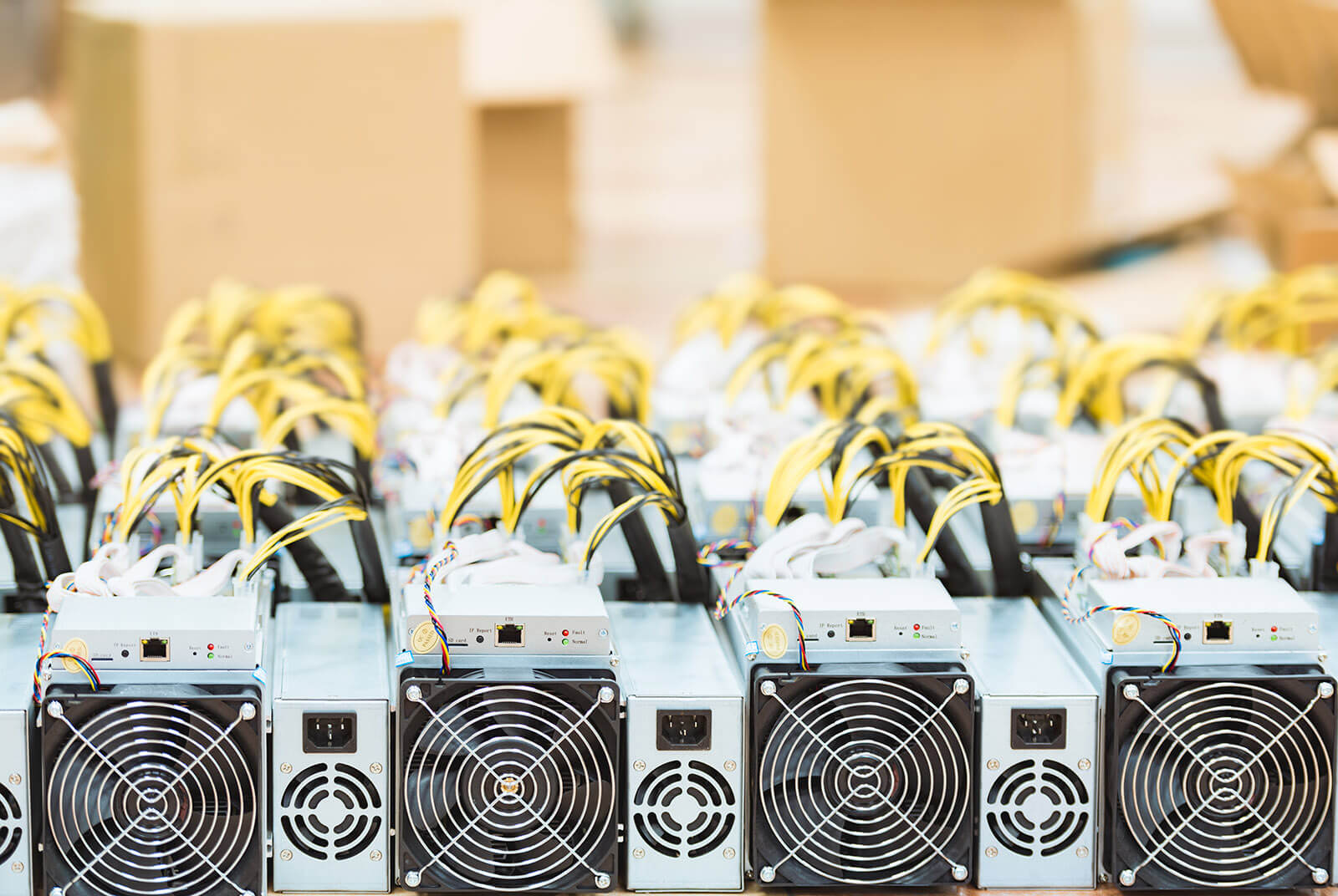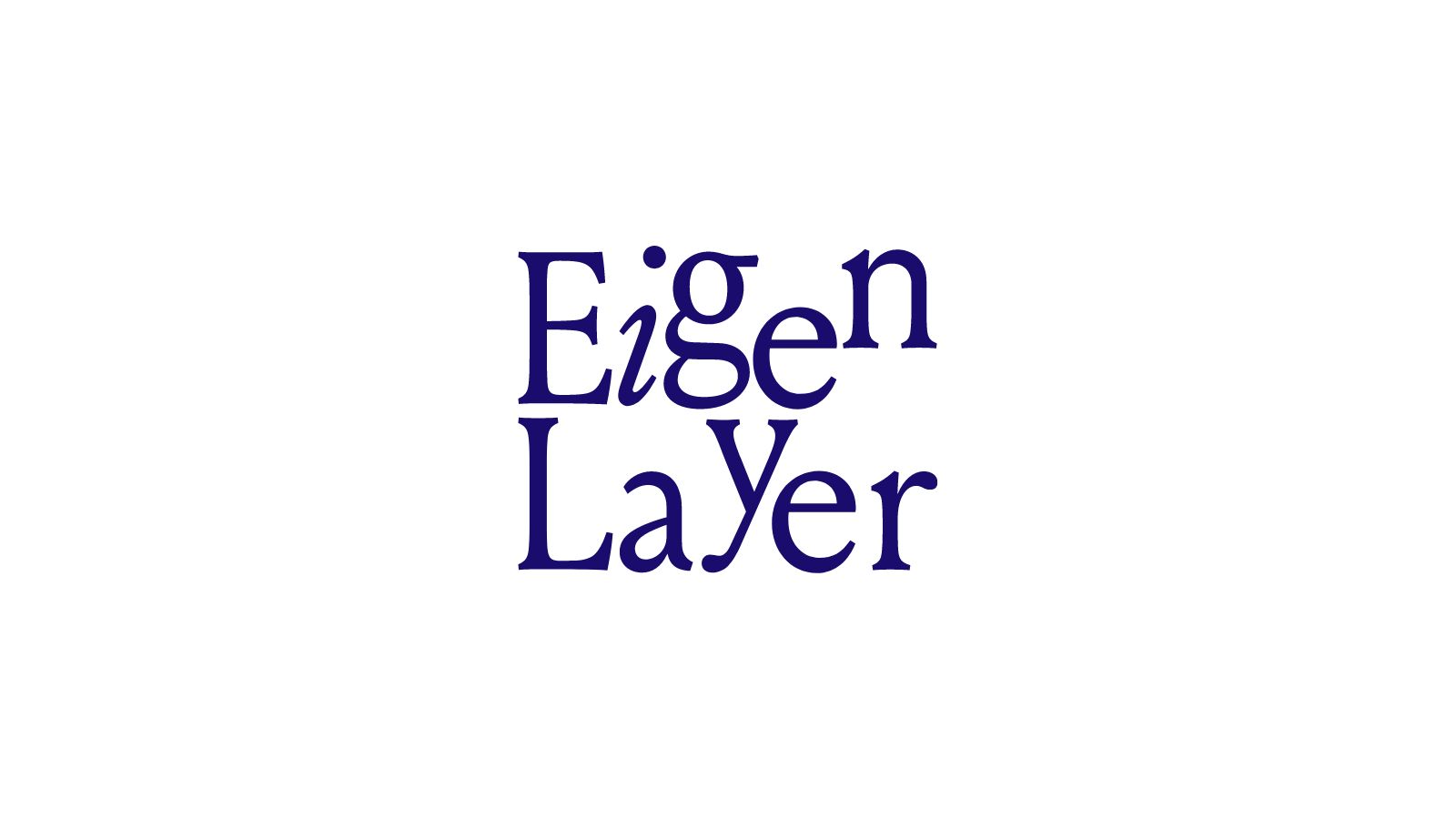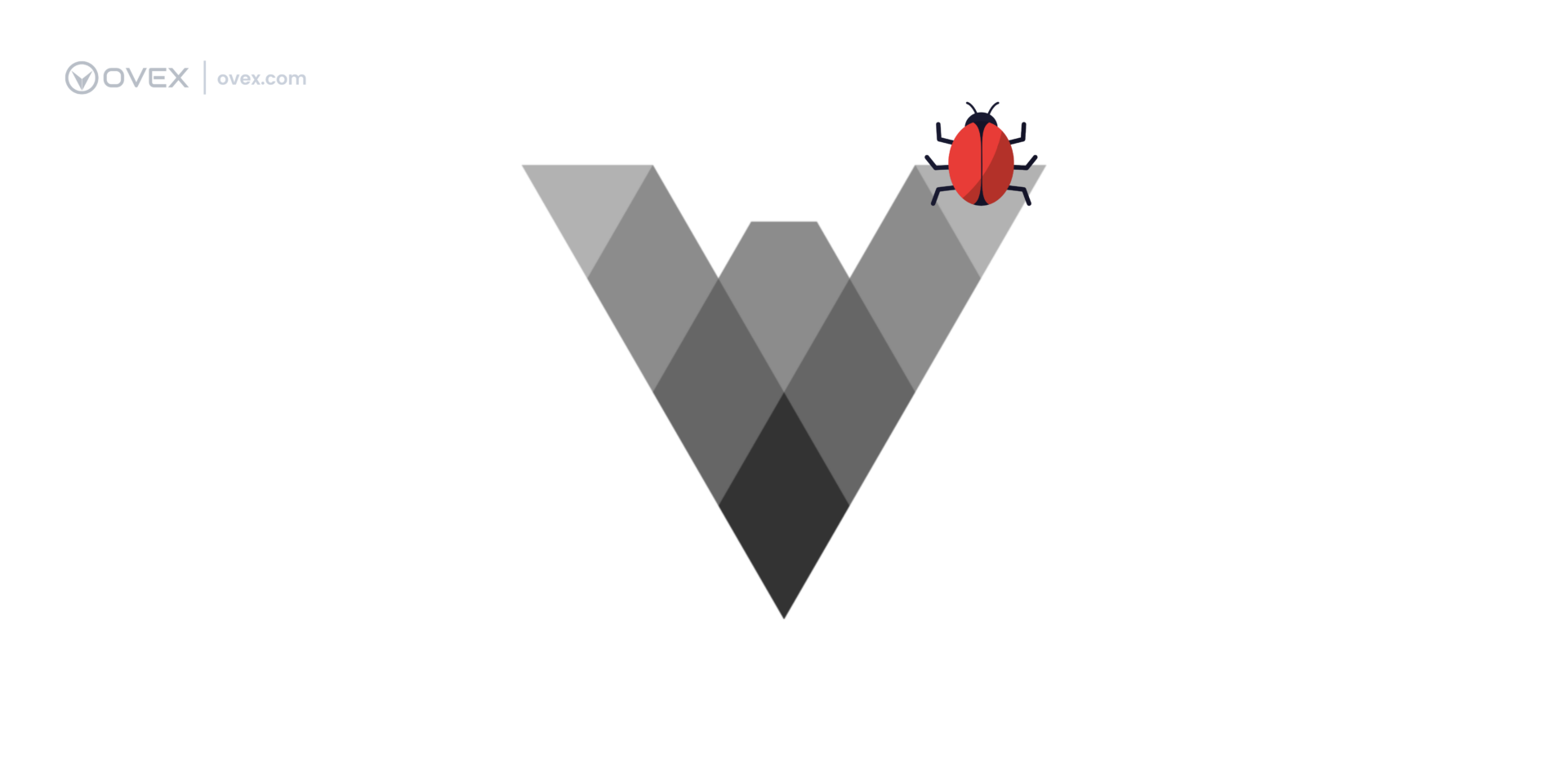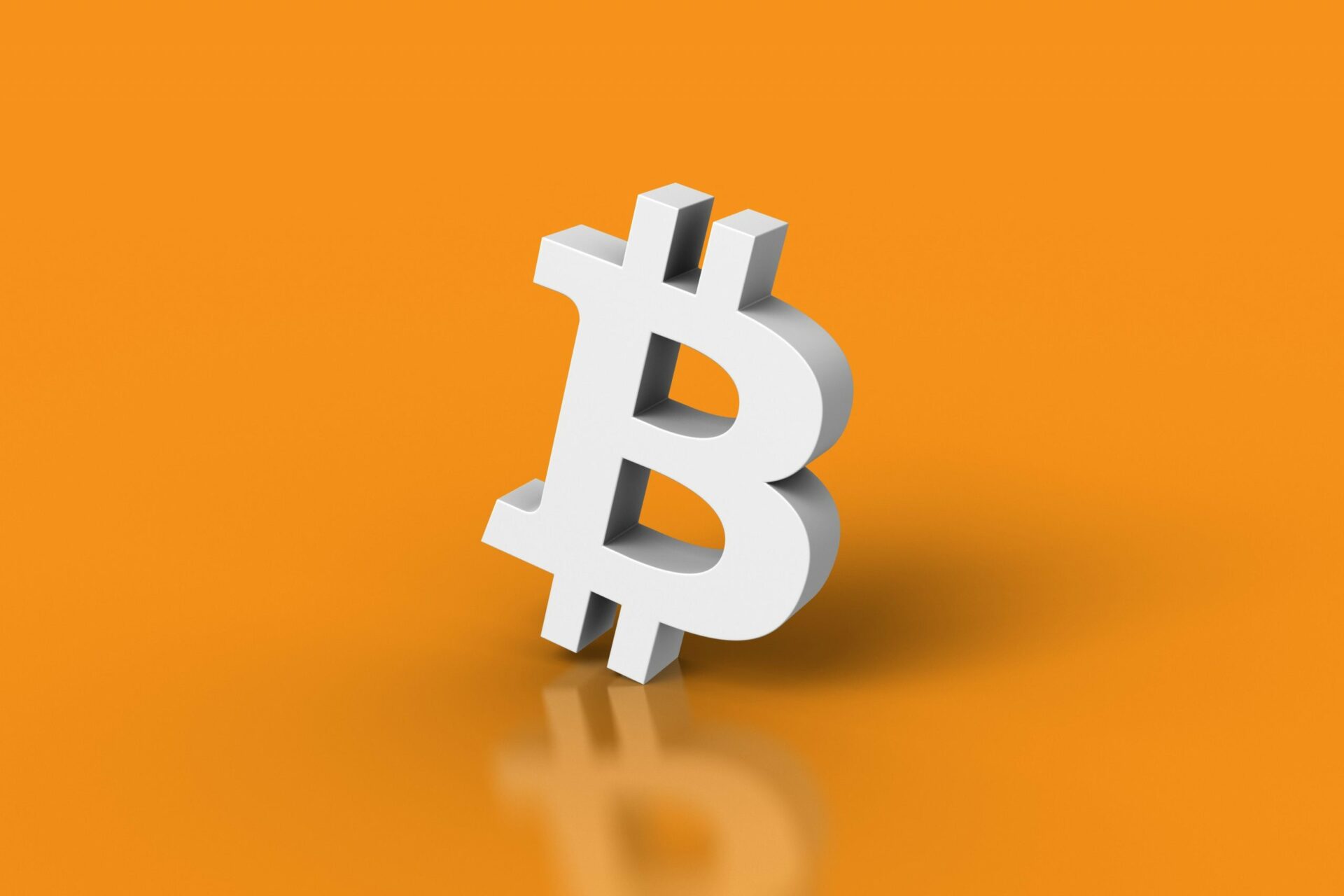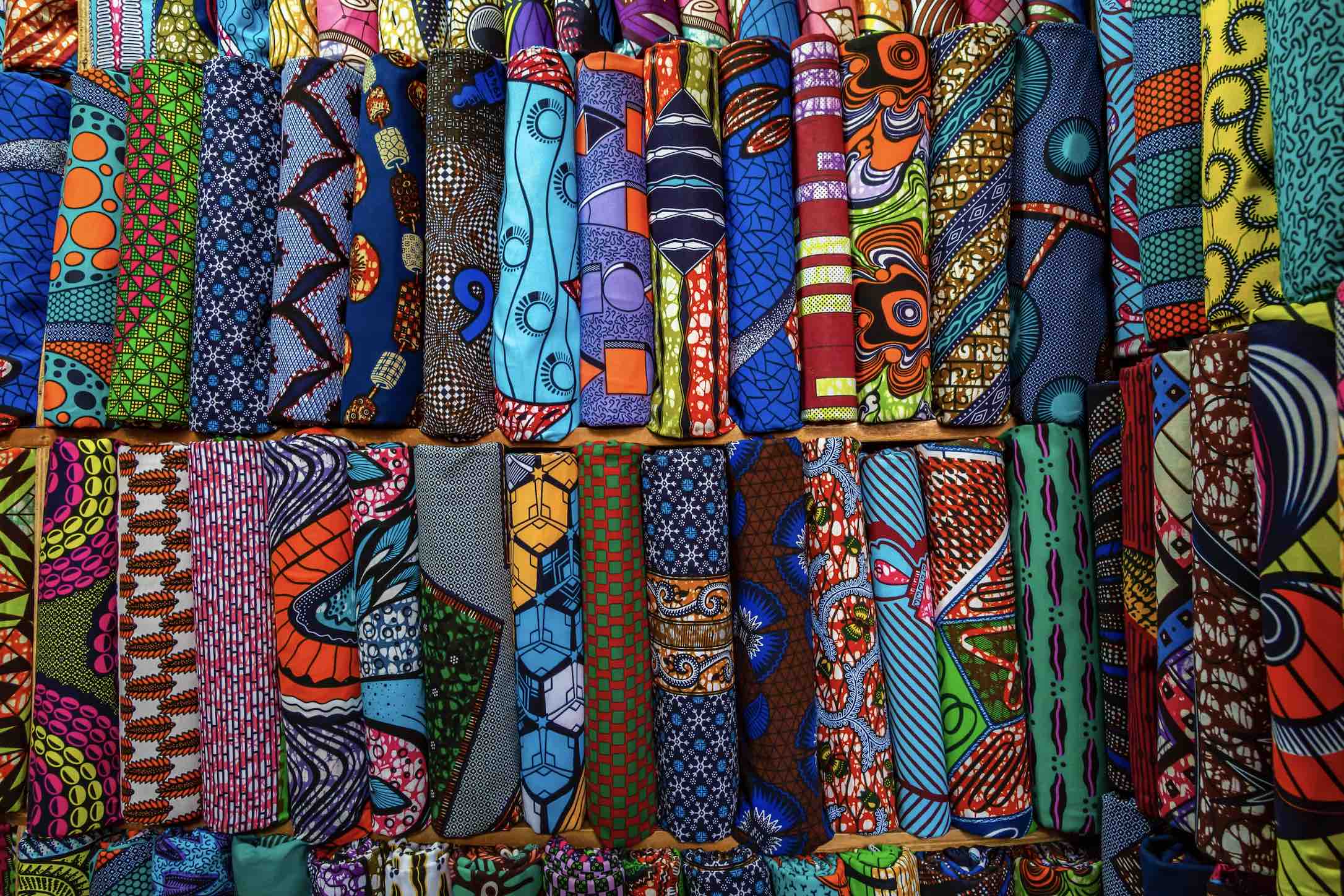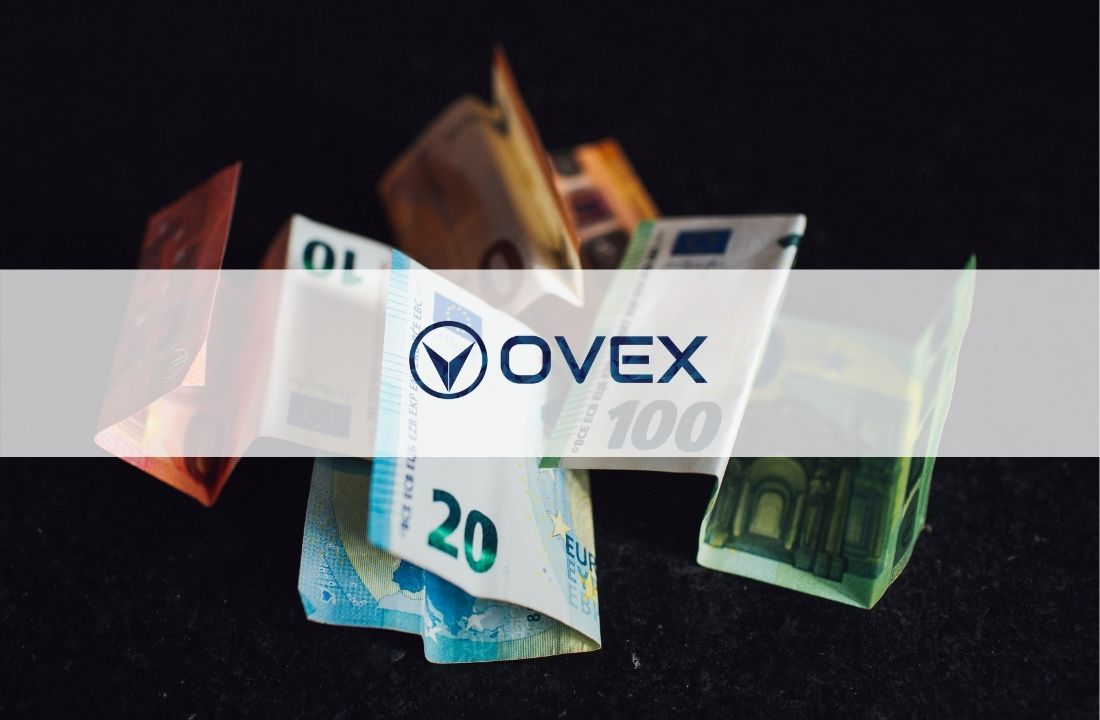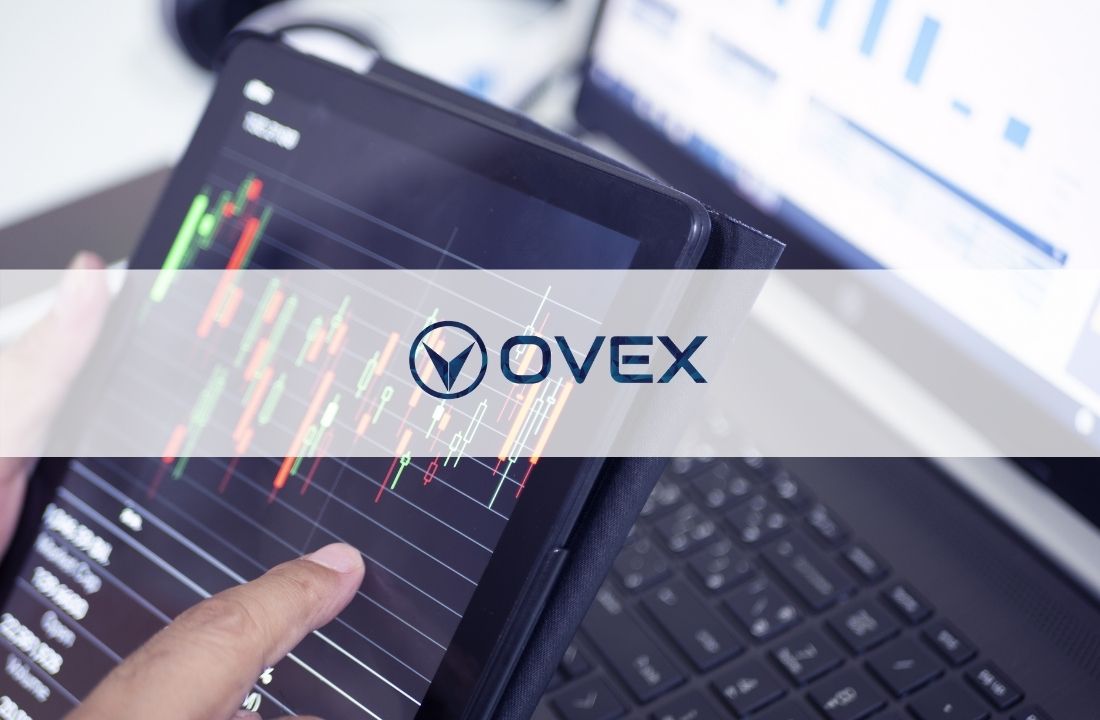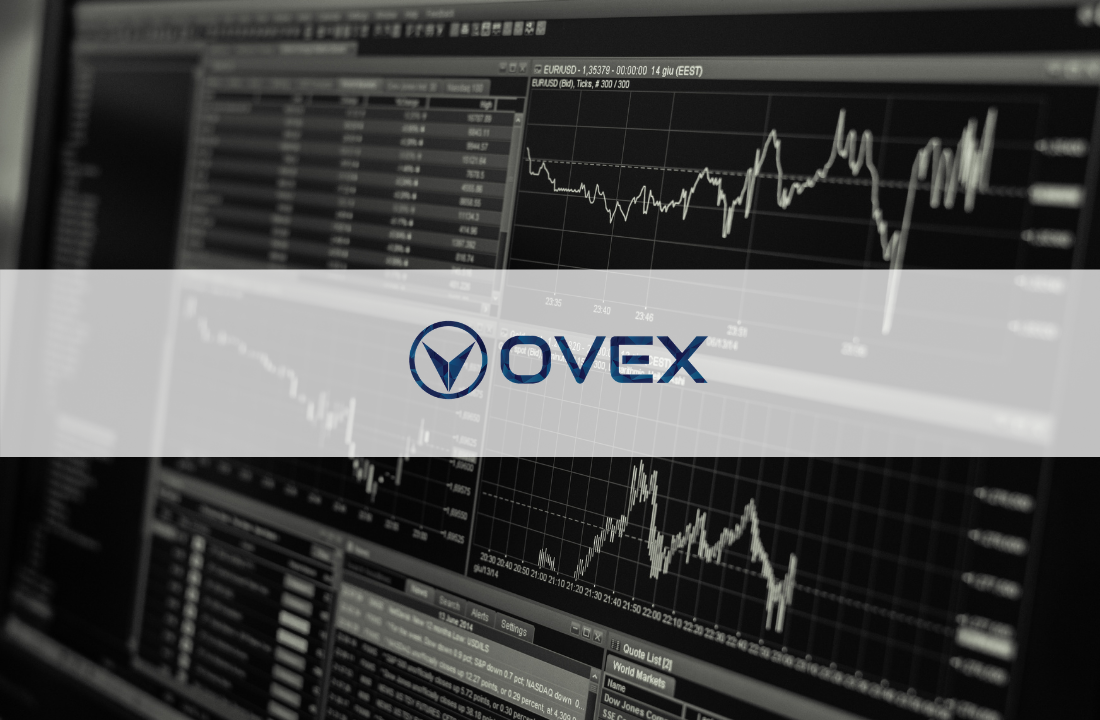Stablecoins have garnered a lot of attention in both the cryptocurrency and financial industries – with good reason. Positioned as the holy grail of currencies that boast the stability of national currency with the perks of blockchain-based assets, stablecoins are worthwhile looking into as a possible means to diversity your investment portfolio.
What are stablecoins?
Simply put, a stablecoin is a form of cryptocurrency which has its price pegged to an already established value, such as a national currency. The purpose of this type of cryptocurrency is to combat the volatility inherently found in digital assets. Basically, they hold the key to unlock the benefits of both digital currencies while retaining some of the stability that fiat currencies offer.
Different types of stablecoins
There are three types of stablecoins in the market. These are:
- Fiat-collateralised stablecoins
- Crypto-collateralised stablecoins
- Non-collateralised stablecoins
Fiat-collateralised stablecoins
These stablecoins are pegged to a national currency at a 1:1 ratio. Tether, one of the most well-known stablecoins in the market, is fiat-backed and derives its value from the US dollar. Not only is it pegged to a fiat currency, but for the token to maintain the same strength as the currency it is pegged to, it requires the fiat collateral to be deposited first. From there, tokens can be issued at – and maintain – the 1:1 ratio.
This is the most simple method of developing a stablecoin, but it requires regular auditioning and financial oversight. This means that although it has many of the characteristics of a cryptocurrency, the token is governed by a central regulator.
Crypto-collateralized stablecoins
Very similarly to fiat-collateralised stablecoins, crypto-collateralised stablecoins are pegged to an asset, but instead of fiat, they’ve got cryptocurrency locked up as collateral. Usually, Ethereum is used in this case. It gets a little more complicated here, though. Because Ethereum (or the cryptocurrency which is acting as collateral) might have volatile tendencies, a security pledge is needed by the stablecoin to ensure its value is maintained before the stablecoin can be issued.
The benefit that a crypto-collateralised stablecoin offers is that it offers a higher level of decentralisation, and there is no custodial intervention required. The drawbacks are that these stable coins are a lot more complex, and the pledge system has less guarantee promise of stability – if there’s a sudden spike in the collateralised stablecoin, it can disrupt the value.
Non-collateralised stablecoins
These are also known as algorithmic stablecoins. They make use of something called a Seigniorage Shares system. This is the difference between the value of money and the cost of printing it. This type of stablecoin relies on an algorithm that is mechanically generated and able to change the supply volume as it needs to maintain the price of the token. This relies on smart contracts, which will automatically sell or buy tokens if the market value spikes. The disadvantage is that it’s the most complicated solution; however, the benefit to outweigh this is that it is also completely independent of centralised entities.
Stablecoins available to South Africans
The underlying implication of all stablecoins goes beyond the existence of a stable cryptocurrency. They also act as a means to buy a currency pegged to an international standard without the administration and regulation of foreign currencies. This offers a more secure way of adding alternative assets to your investment without the concern of volatility. This means that a South African can buy Tether, for example, and receive a dollar-valued asset without owning dollars.
Stablecoins with US dollar values offered to South Africans include:
Binance USD (BUSD)
Binance USD is a US dollar-backed stablecoin that was launched in partnership with US-based cryptocurrency exchange Binance. It was approved by the New York State Department of Financial Services and is issued by blockchain platform Paxos.
Tether (USDT)
Arguably the most well-known stablecoin in today’s cryptocurrency market, Tether is ‘Tethered’ to the US Dollar. It is one of the most popular cryptocurrency assets to use when direct US dollar transactions are not possible.
TrueUSD (TUSD)
TrueUSD has managed to gain trust from those who might not fully trust the centralised approach that Tether takes. As a result, TrueUSD has a reputation of being a transparent network that is regulated through frequent audits and fully integrates the blockchain with the requirements needed to maintain the USD peg.
Paxos Standard (PAX)
Paxos Standard is similar to Binance USD. It is regulated and audited within the US and is issued by the Paxos Trust Company.
These four (amongst many other cryptocurrency assets) are listed on OVEX. You can find a full list of assets available on the platform here.
How you can invest with stablecoins
When it comes to investing in digital assets, there are numerous ways to go about it. One way is to trade cryptocurrency. However, this is less common with stablecoins, because the volatility in the crypto markets means that you can profit as the value shifts.
One of the most popular ways of investing in cryptocurrency is to store (or “HODL”) your cryptocurrency to accumulate value without spending it or transacting.
This is particularly helpful if you have an account on a platform that rewards you for storing. For example, the OVEX Interest Account is an excellent way to invest and earn with stablecoins. It enables you to earn up to 4% annual interest on certain cryptocurrencies, including the four stablecoins listed above.
Ready to trade cryptocurrency in South Africa?
Ovex is one of South Africa’s fastest-growing cryptocurrency exchanges not only do we offer South Africans the chance to buy and sell digital assets like Bitcoin and altcoins but we offer additional investment products that leverage high-speed trading, and exploit arbitrage opportunities in the market.
If you’re ready to invest or want to start trading digital assets in South Africa, then sign up for Ovex today
